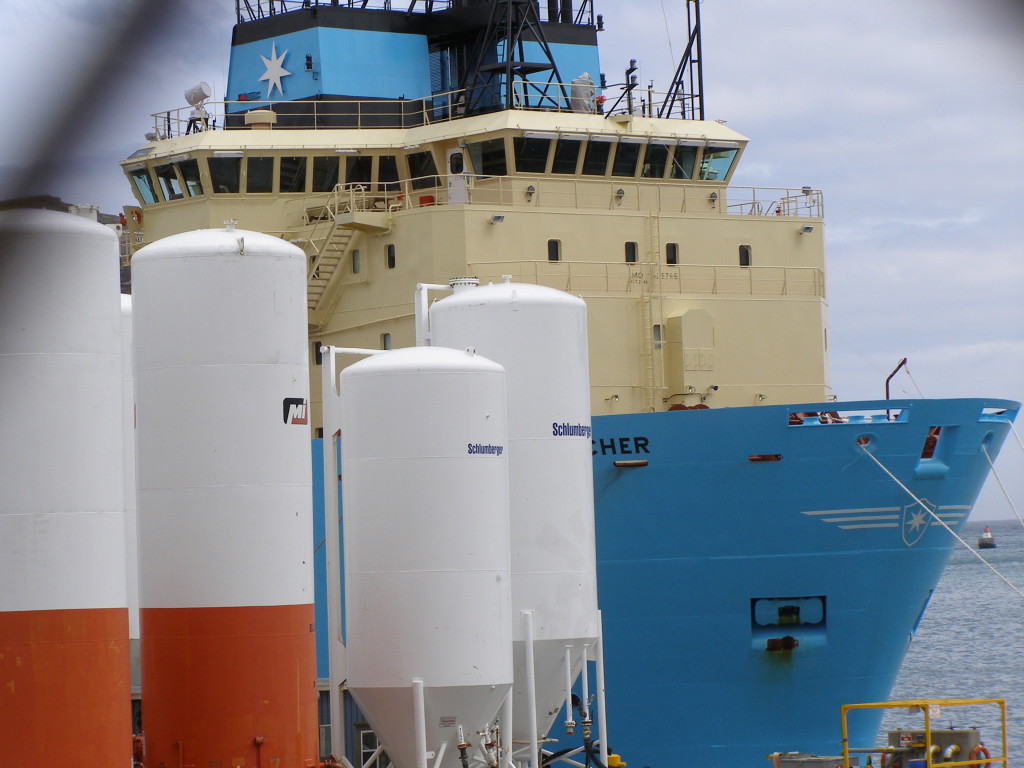
©Fairweather Hill, February 14th, 2016
While the petroleum industry in Canada’s west is coming to grips with the reality that the lowest oil prices in a decade may be more than a temporary blip, western Canadian political leaders haven’t yet acknowledged that it might be time to rethink their approach to growth.
In the west, oil has been an economic driver since the late forties and while boom times have been followed by notable busts, the oil habit is hard to break.
Saskatchewan Premier Brad Wall doesn’t want voters questioning the wisdom of his government’s strategy for economic growth so close to an election. So he’s seized on a diversion – a phony pipeline war. It’s clearly easier than admitting that without fail, bust follows boom. It’s the inevitability never talked about by politicians. It’s buried in the fine print on the bill of goods sold to western voters. Unfortunately for Wall this bust looks like it’ll be around well beyond the next provincial election.
While analysts are not in agreement on how long low prices will persist, there is growing acknowledgement that oil supply, (from unconventional oil and gas development and the return of conventional supplies like those from Iraq and now Iran), has taken over as the key market influence for the mid term.
The reality of growing oversupply has displaced earlier optimistic chatter that demand from emerging markets will rescue beleaguered oil producers. Of course, that also means the case for new pipelines, to get more western Canadian oil to those new markets, lies seemingly in tatters.
We have been unable to outrun the market forces which caused the House of Commons Standing Committee on Natural Resources to argue for market diversification in 2013.
As it turned out, Committee members were unwilling to accept that predicted demand growth from emerging markets was overly optimistic and that it would not offset the declining demand from the world’s mature markets. They were wrong. World demand for oil did not grow at the rate needed to absorb surging production. MPs were not alone in missing this. Most analysts in 2013 failed to predict the events of 2015/16.
Political leaders like Wall made unconventional oil a key element underpinning their economic development strategies. Western politicians have spent so much political capital selling the merits of oil and gas development and fighting emotional pipeline battles, it’s easy to see why they ignored signs of impending change in the marketplace.
Their solution to a global oil glut has been to push for more pipelines to ship more of our expensive Canadian oil to a world market already over-supplied with cheaper conventional oil, a world where no one except a few blinkered ideologues are concerned about a fiction called “ethical oil”. As a winning strategy, this is counterintuitive to most market watchers outside Canada.
With the challenges facing the oil sector, attacking pipeline opponents looks very much like an attempt to change the political channel – scapegoating. It might appeal to the political base, but delays the inevitable positioning for what’s next.
It is clear that Montreal Mayor, Denis Coderre, isn’t going to stop oil sands development, but market economics might. So If leaders want to nation-build, they should roll up their sleeves, now, and start working on a plan B.
Western provinces ought to ramp up efforts to further diversify their economies in the event oil prices don’t rebound. If in future, the world is willing to take more Canadian oil sands production then the west’s resource base will be a bonus. That is if it can be developed sustainably and competitively.
As for pipelines, Trans Canada Pipelines announced it was pushing back its Energy East project by two years to 2020. That was last spring and far from improving, the market for Energy East’s oil is still over-supplied with cheaper oil from the Atlantic basin and beyond. These weak oil markets give us time to get the national vision thing properly sorted out once and for all. It also gives us time do some public policy development to help move along that needed national consensus on our future.
In the meantime, maybe a collective deep breath is in order… sighhh…
